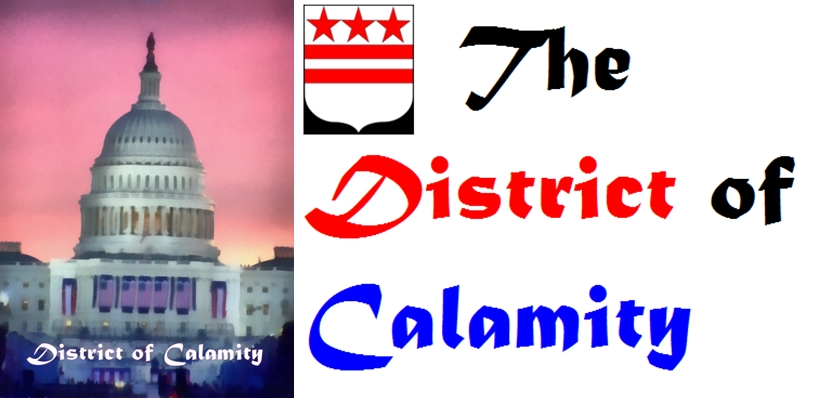The Republican Presidential Debate in Las Vegas hosted by CNN and Salem Media was focused on Commander-in-Chief questions. Thus foreign policy, national security and military issues were going to be in the forefront of the 5th debate in the 2016 GOP primary cycle.
To dig deeper on candidates' knowledge and national security prioritization, Hugh Hewitt asked Donald Trump a question about the nuclear triad, which has been the centerpiece of American national security strategy since the 1960s.
Donald Trump's answer during the Las Vegas Debate was quite revealing.
First the brash billionaire engaged in some self-aggrandizement about his prescience about the 2003 Iraq War. But afterwards, there is some bluster which bluffs about how America has to be careful about not being drawn into war in Syria. Then Trump pivoted to mocking the Obama Administration's obsession with climate change and global warming instead of nuclear proliferation, which Trump deemed was the nation's top priority.
Hewitt redirected his question to Trump asking about which leg of the Triad should be prioritized. Trump claimed that the devastating power of nuclear is very important to him.
Trump loves to mock politicians for being stupid but res ipsa loquitur. When Senator Marco Rubio (R-FL) picked up the line of questioning, he managed to school the audience on the nuclear triad without explicitly embarrassing Mr. Trump.
Trump supporters have been trained to attack reporters who embarrass their Dear Leader. They also will claim that it was a gotcha' question which wonks may know the details but is not necessary for a Chief Executive like Mr. Trump to be well versed.
Hewitt's question was not on specifics like how many Ohio class nuclear submarines need to be built or what make of aircraft will replace the superannuated B-52s. This was at its base an opportunity for a Presidential candidate with no national security experience to show well informed decision making skills. In a more specific sense, at a time when sequestration has decimated Pentagon procurement and there are not unlimited funds, it illuminates how a Commander-in-Chief Trump would choose to lead our nation.
This is not the first time in which Hewitt has exposed areas of ignorance in Donald Trump's foreign policy knowledge. During a radio phone interview in September 2015, Hewitt asked Trump about the Quds forces (special forces of the Iranian Revolutionary Guards) and Trump rambled on about how the Kurds were poorly treated by US.
When Hewitt asked Trump about players on the Islamic terrorist roster without a scorecard, Trump decried the gotcha question. Trump insists that he would find absolutely great people to handle it. Then Trump circled back to the Kurd subject on which he seemed well briefed. Trump closed with his bluster: "In that case, first day in office, or before then, right at the day after the election, I’ll know more about it than you will ever know. That I can tell you."
Perhaps we should expect the same sort of after election omniscience on the nuclear triad too?


No comments:
Post a Comment